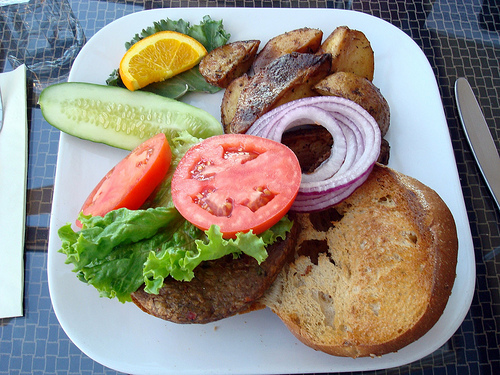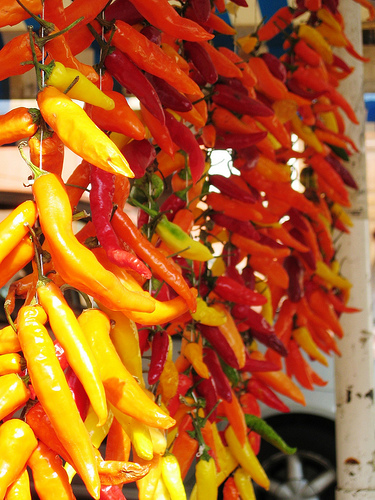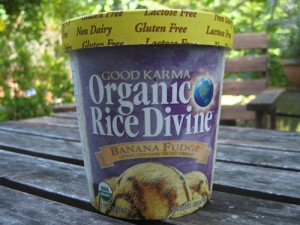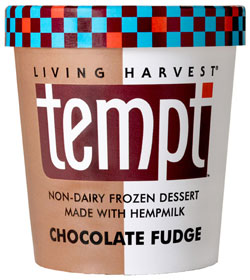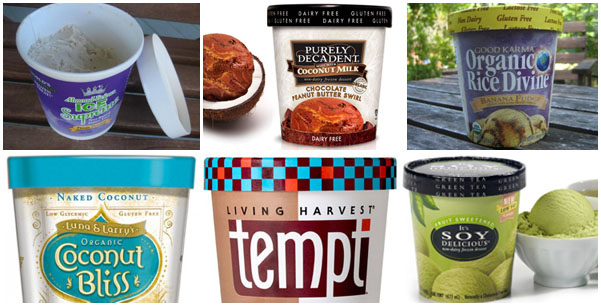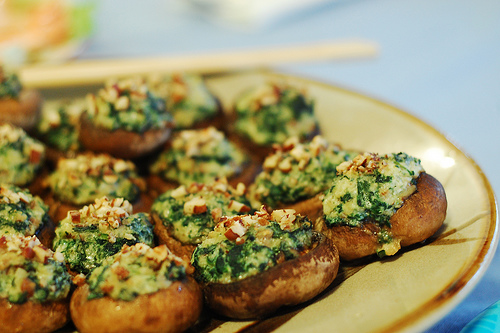Table of Contents
In the ever-changing world of diets and food preferences, the terms “vegan” and “organic” often come up, frequently intertwined. Yet, as much as some use them interchangeably, these terms represent distinct food and lifestyle choices. Our aim in this article is to unravel the differences and similarities between the two.
Quick Answers
Are Vegan and Organic diets the same?
No, vegan and organic diets are not the same. While veganism avoids all animal products and by-products, focusing primarily on plant-based products, organic refers to how ingredients, especially raw materials, are grown and harvested, emphasizing a lack of synthetic fertilizers and pesticides, among other criteria.
If something is vegan, does that mean it’s also Organic?
No, just because a vegan product or food doesn’t necessarily mean it’s organic. Vegan products can be produced using conventional farming methods or using genetic engineering. On the other hand, organic foods emphasize methods and practices, not the absence of animal-derived ingredients.
If something is Organic, does that mean it’s also vegan?
No, organic does not automatically imply vegan. Organic farming can still utilize animal by-products like blood meal and even honey. It’s important to read labels and understand the manufacturing processes used to make an informed decision about a product’s vegan and organic status.
Overlap of Vegan and Organic Diets
Veganism and organic diets find their roots in an aspiration for healthier, more sustainable, and ethically conscious food choices. However, the extent to which they intersect varies across health, environment, and ethics.
Diet & Health Overlap
Vegan and organic diets both offer potential health benefits. Vegan diets often limit cholesterol intake and encourage consuming more healthy foods like fruits, vegetables, and whole grains, linked to numerous health benefits.
On the other hand, organic foods are grown without synthetic pesticides, sewage sludge, and genetic engineering. This means consumers of organic foods are less likely to ingest potentially harmful chemicals, offering its own set of health advantages.
Environmental Overlap
From an environmental perspective, both diets champion more sustainable and eco-friendly practices. Veganism can lead to reduced demand for animal agriculture, which significantly contributes to deforestation, greenhouse gas emissions, and water usage.
Organic farming emphasizes soil health and seeks to reduce the environmental impact of farming by avoiding harmful pesticides and fertilizers. Thus, both contribute to a healthier environment in different ways.
Ethical Overlap
Ethically, both diets can be seen as efforts to reduce harm. Vegans often choose their diet to prevent the suffering of animals, avoiding brands that endorse animal testing and promoting cruelty-free products.
While not inherently animal-free, organic farming prioritizes animal welfare, requiring organic farmers to provide living conditions that accommodate the natural behavior of animals, to be certified by organizations like the USDA.
Additionally, both diets align in opposing the excessive use of additives and preservatives commonly found in highly processed foods. Consumers turning to these diets often experience reduced intake of artificial ingredients, aligning with a holistic approach to nutrition.
Foods That Are Both Vegan And Organic
The intersection of vegan and organic diets is rich and diverse, offering various foods that cater to both criteria. Here are some examples:
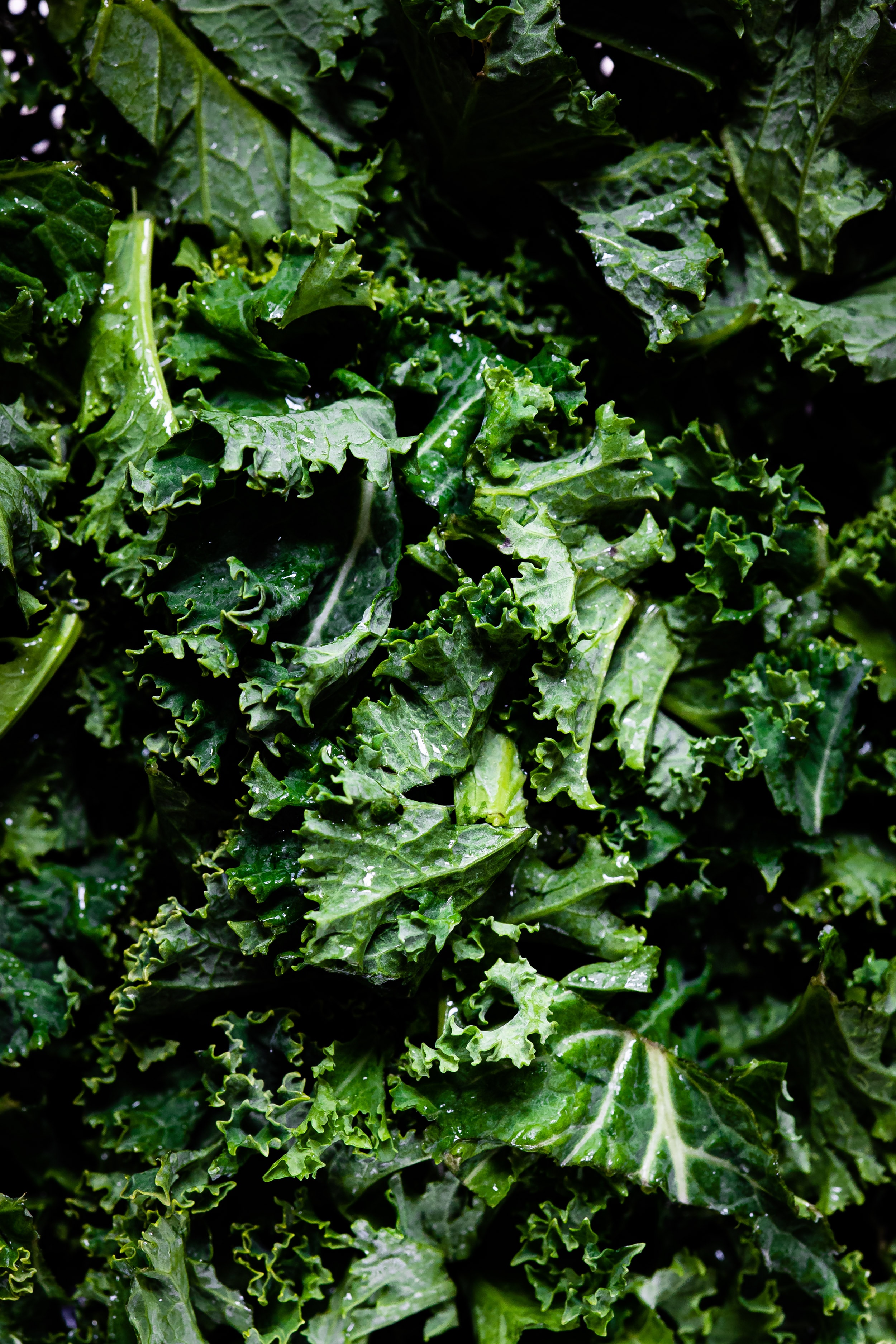
Vegetables
Vegetables form the cornerstone of any vegan diet and when grown organically, they’re free from synthetic pesticides and fertilizers. Examples include organic spinach, kale, and broccoli, which are packed with essential nutrients and uphold the principles of organic agriculture.
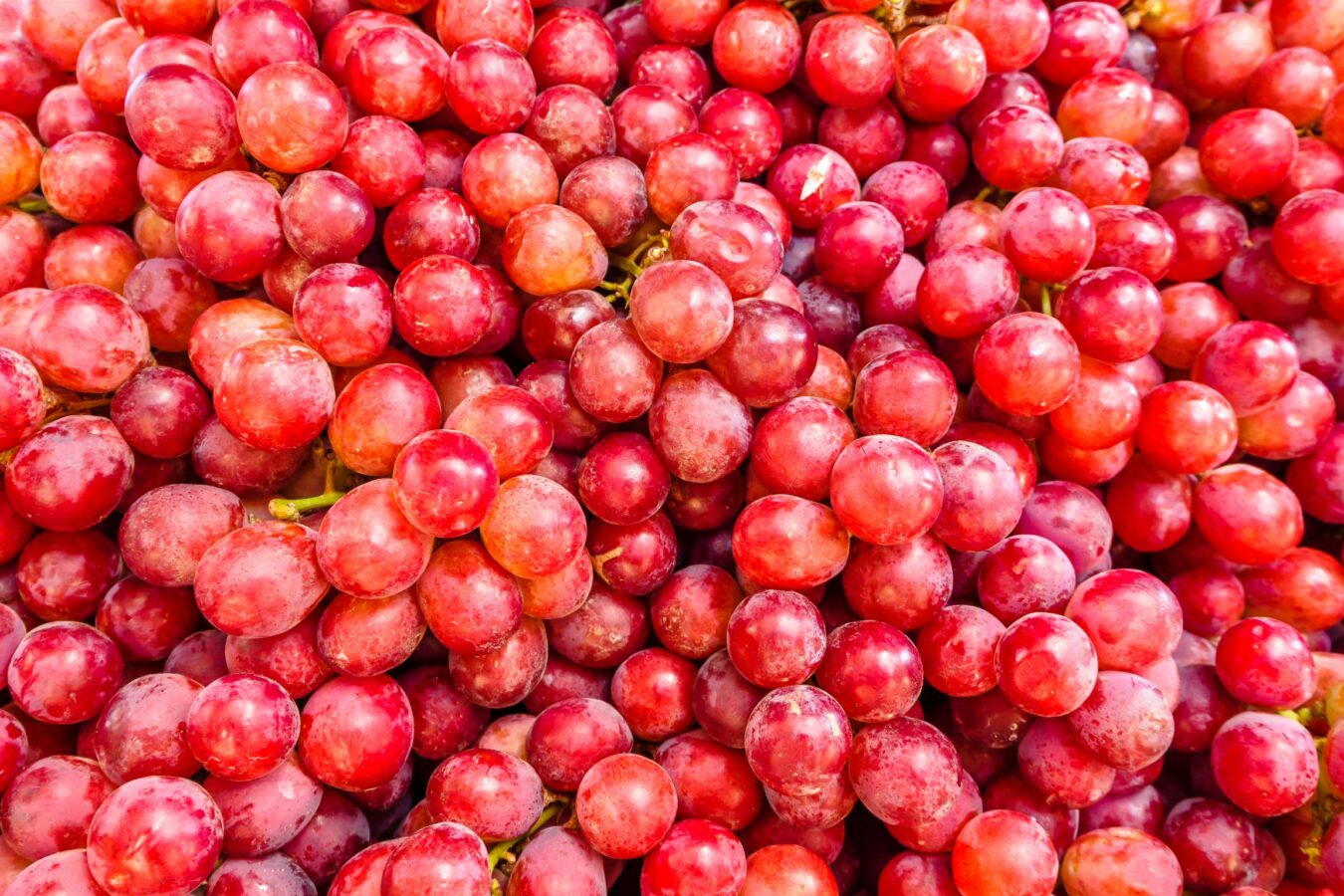
Fruit
Much like vegetables, fruits are staples in vegan diets. For instance, organic grapes, apples, and bananas are cultivated without harmful chemicals, providing a healthful and ethical option for those who adhere to vegan and organic principles.
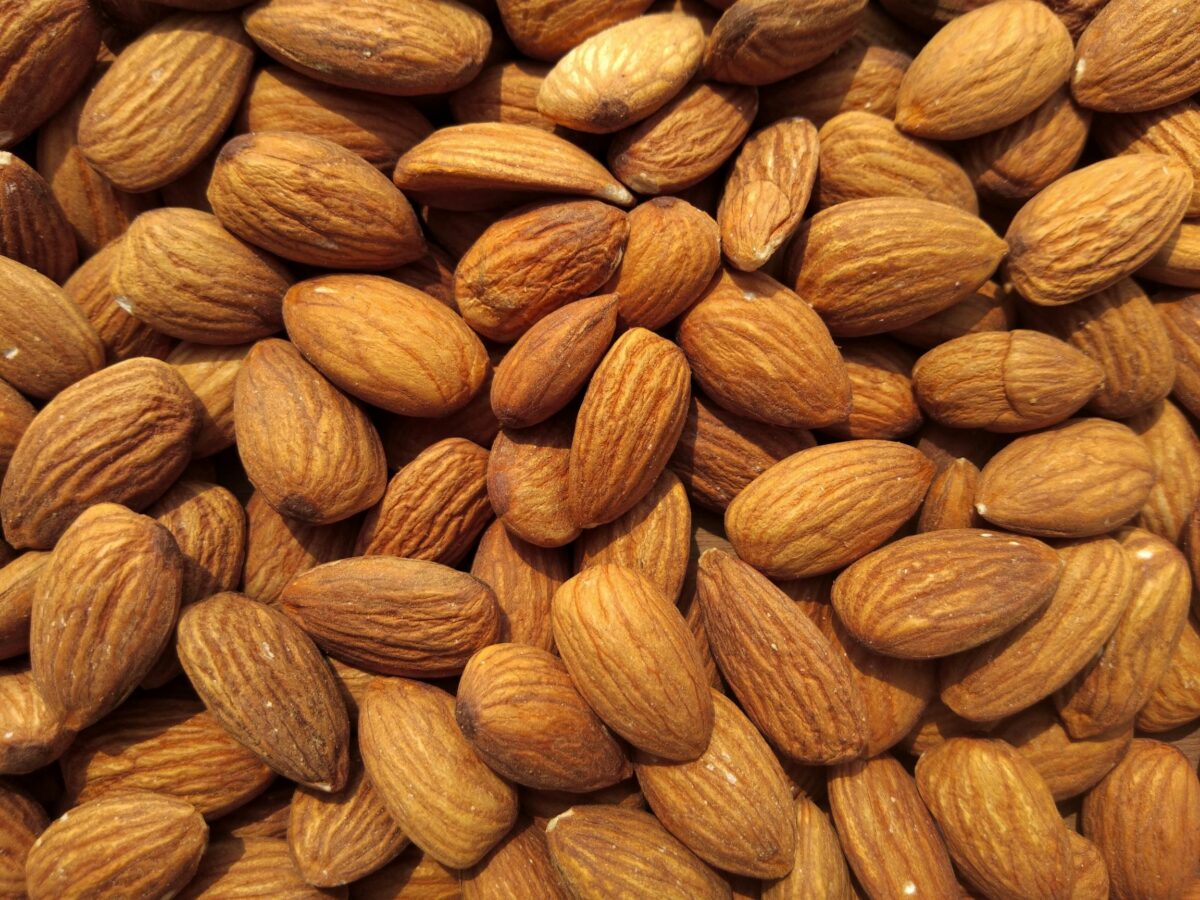
Nuts & Seeds
Nuts and seeds are essential protein and healthy fats sources in a vegan diet. When sourced organically, products such as almonds, flaxseeds, and chia seeds offer both the health benefits of being free from harmful chemicals and the ethical assurance of veganism.
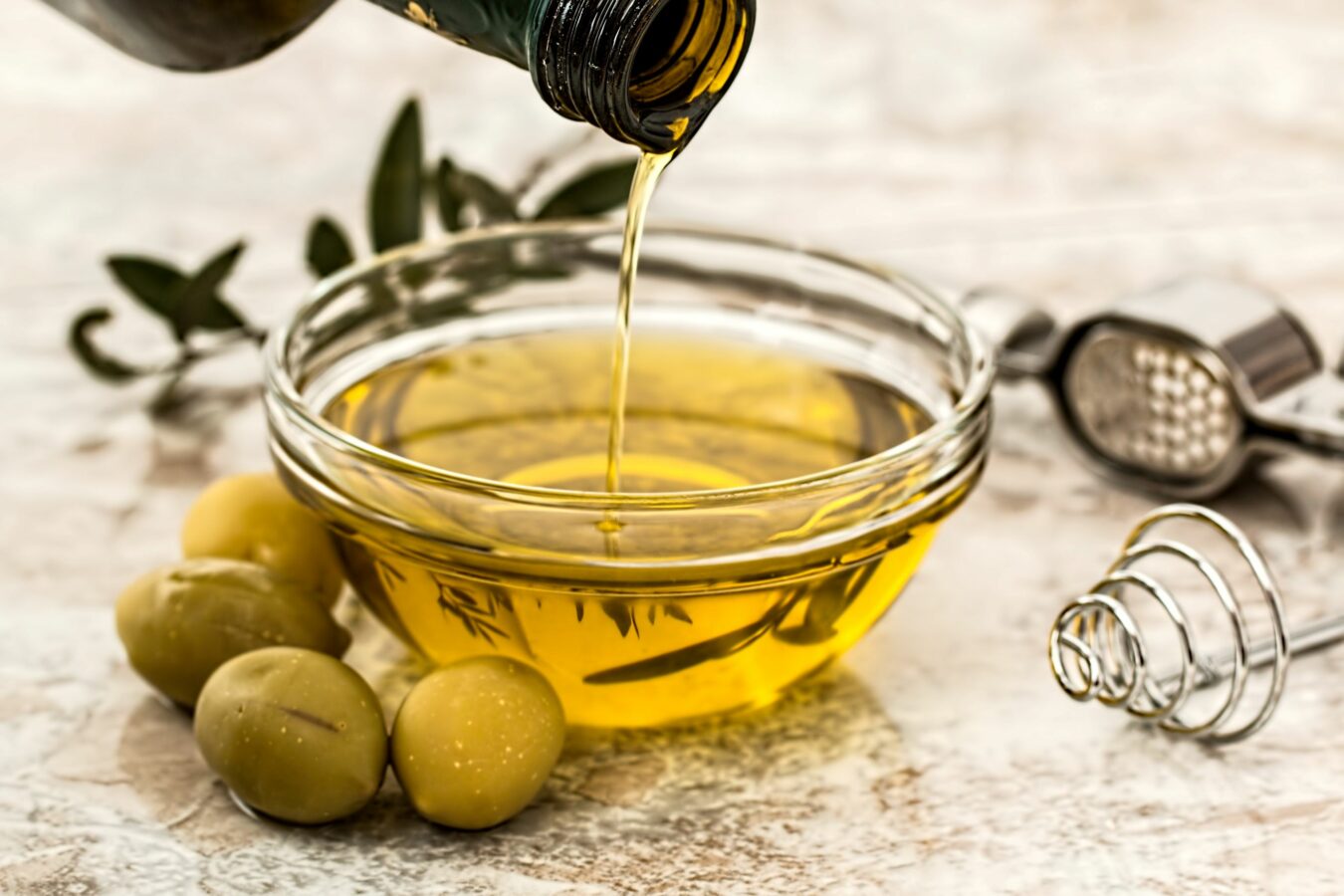
Oils
Derived from plant-based sources, oils like olive, coconut, and flaxseed can be both vegan and organic. When cold-pressed and sourced from organic farms, these oils provide an excellent way to incorporate healthy fats into the diet without compromising on ethical and organic standards.
Understanding Organic Diets
Organic diets emphasize consuming foods produced through practices that avoid the use of synthetic fertilizers, pesticides, and genetically modified organisms (GMOs). By opting for organic, individuals aim to embrace a health-conscious and environmentally responsible lifestyle.
Organic diets can offer a richer taste profile. Many organic proponents believe that the absence of chemicals allows for the true flavors of the food to shine through, providing an enhanced sensory experience
Common Organic Diet Foods
Organically Grown Produce: Examples include carrots, lettuce, bell peppers, and strawberries. These are cultivated without synthetic chemicals, ensuring consumers get the full nutritional benefits without the potential harm from pesticides.
Organically Grown Grains: Some popular choices are organic brown rice, barley, oats, and quinoa. They are cultivated without the application of synthetic fertilizers and other chemical treatments.
Organically Grown Dairy: This category encompasses organic milk, cheese, and yogurt products. These are derived from animals raised without hormones or antibiotics, ensuring a more natural product.
Organic products often come with a higher price tag, due to the intensive labor and stringent standards involved in their production. However, many believe the health benefits and environmental advantages make the extra cost worthwhile.
Vegan Foods That Are Not Organic
Even within the vegan sphere, there is a wide variance in how foods are produced. Not all vegan foods are organic; understanding this distinction is vital for making informed dietary choices.
Any Non-Organic Products
As in any food category, vegan products can also be cultivated or manufactured using conventional methods. For instance, soy products, certain grains, and even some vegetables can be vegan but not organic. They might be grown with synthetic fertilizers, pesticides, or even genetically modified seeds. Consumers must inspect labels and understand the differences.
Selecting non-organic vegan foods can be more cost-effective for some, offering the ethical benefits of veganism without the higher price point of organic foods. However, there’s a trade-off in potentially consuming more residues from synthetic chemicals.
Understanding Vegan Diets
Vegan diets prioritize eliminating all animal-derived products and focusing on plant-based foods. This choice often stems from ethical, health, and environmental concerns. Veganism is not just about food choices but also about a broader lifestyle rejecting animal exploitation.
The vegan lifestyle has been growing in popularity, driven by increased awareness of animal rights, health documentaries, and the rise of plant-based culinary innovations. From faux meats to vegan cheeses, the market offers diverse options making the transition easier for many.
Common Vegan Foods
- Vegetables: All vegetables are acceptable on a vegan diet.
- Fruits: All fruits are acceptable on a vegan diet.
- Legumes: Beans, lentils, chickpeas, peas, and so forth are all vegan staples.
- Nuts & Seeds: Options like almonds, walnuts, cashews, chia seeds, and flaxseeds are rich in nutrients and are completely vegan.
- Grains: Essential grains for a vegan diet include quinoa, rice, oats, buckwheat, and sorghum.
- Plant-based Proteins: Vegan protein sources encompass tofu, tempeh, seitan, and legumes.
- Plant-based Milk: Vegan milk alternatives are diverse, with almond milk, soy milk, and oat milk being just a few examples.
- Plant-based Oils: Olive, avocado, and coconut oil are popular vegan choices.
- Herbs & Spices: The vegan palate is further enhanced with herbs, spices, nutritional yeast, soy sauce, vinegar, and more.
Can A Vegan Diet Be Organic?
Absolutely! A vegan diet can be entirely organic, emphasizing plant-based products grown without synthetic chemicals or GMOs.
Organic Foods That Are Not Vegan
Organic refers to the method of cultivation and production, whereas vegan pertains to excluding animal products. While there’s an overlap between organic and vegan foods, some organic products are not vegan-friendly due to their animal origins.
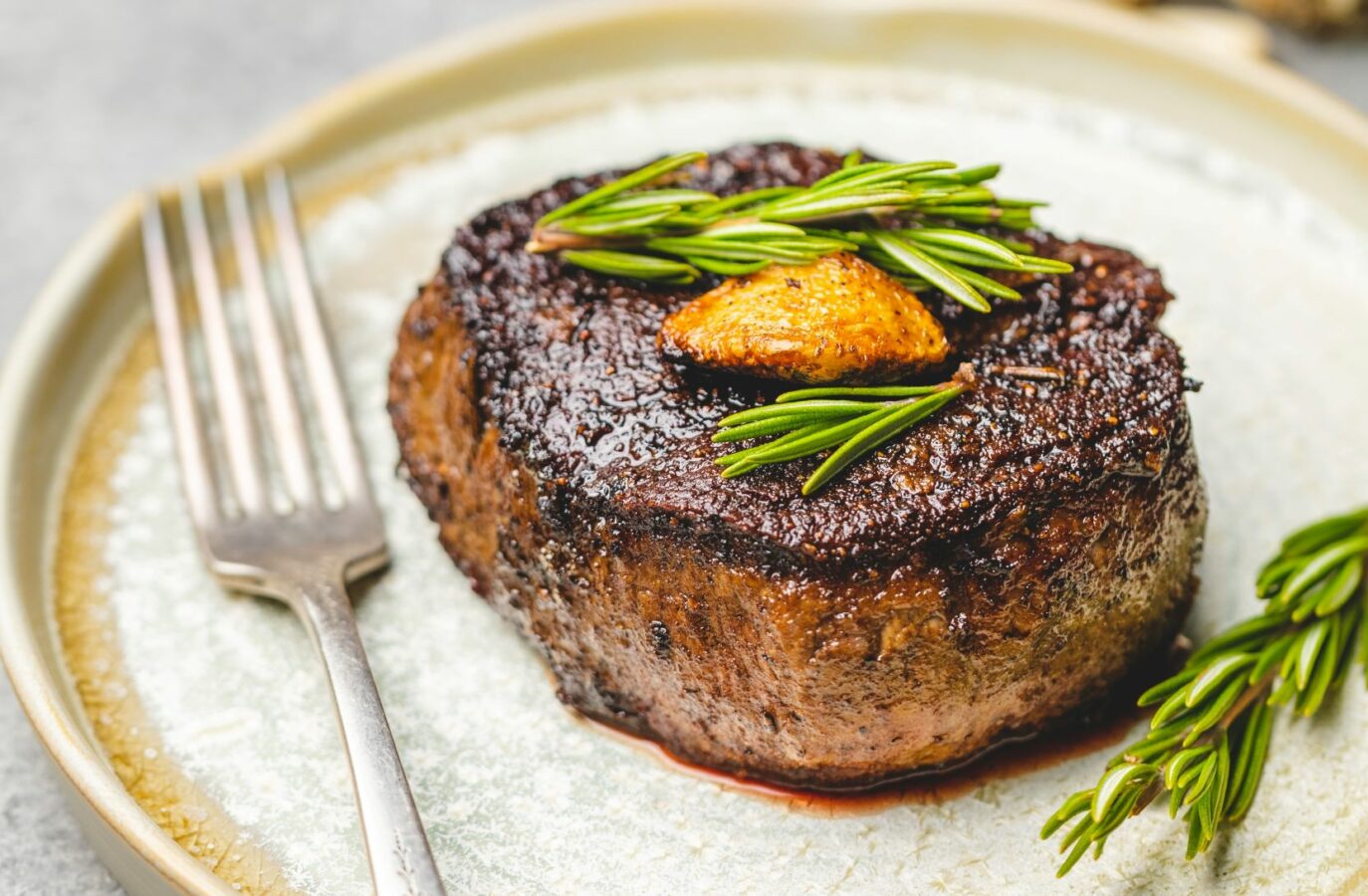
Meat Products
Organic meat products, such as chicken, beef, or pork, are derived from animals raised without synthetic hormones, antibiotics, or genetically modified feed. These animals are often given better living conditions than conventionally raised livestock. However, despite the humane treatment, these products are not vegan since they involve animal farming and slaughter.
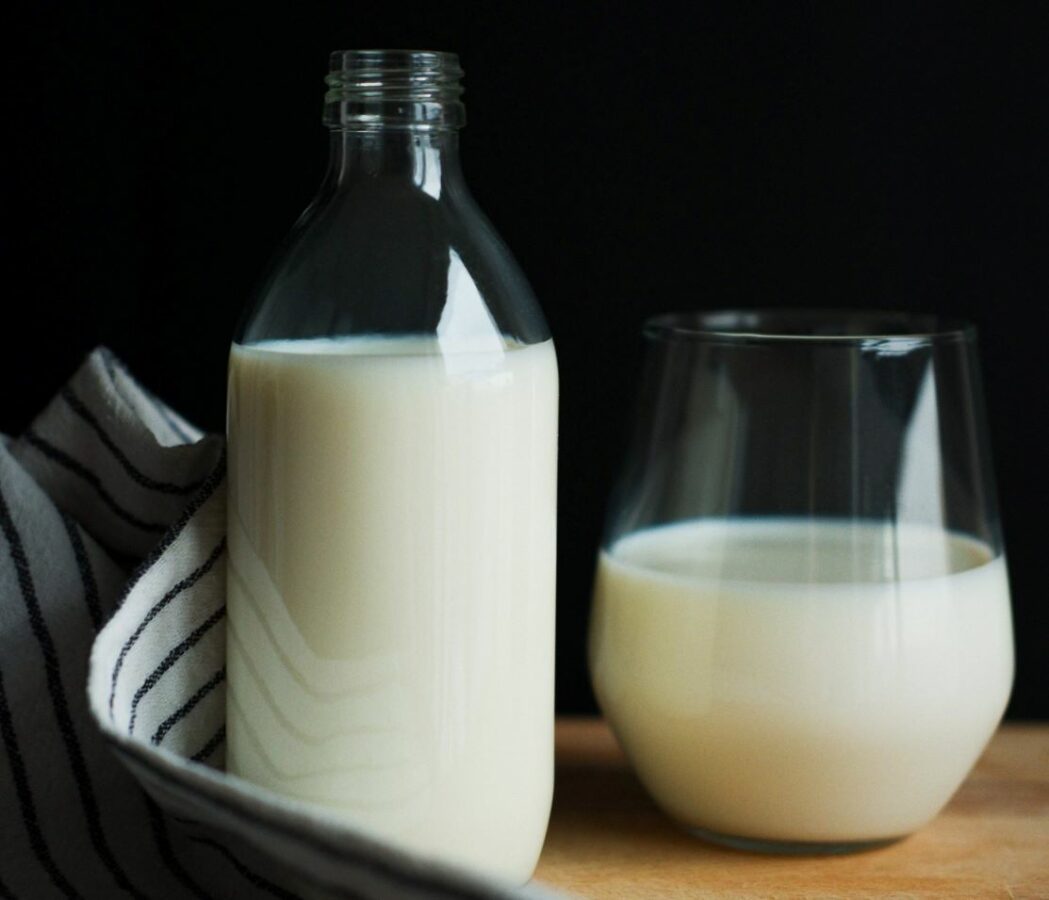
Dairy Products
Organic dairy products like milk, cheese, and yogurt come from animals raised organically, free from synthetic interventions. The focus here is on natural and humane farming practices. Yet, the primary concern for vegans is using animals for human consumption, making these products non-vegan regardless of their organic label.

Honey
Bees produce honey and, when labeled organic, means that the bees have been foraging on organically grown flowers and have not been exposed to synthetic chemicals. While it’s a natural product, honey is still an animal-derived ingredient. Vegans typically exclude honey from their diet as it involves exploiting bees for their honey production.
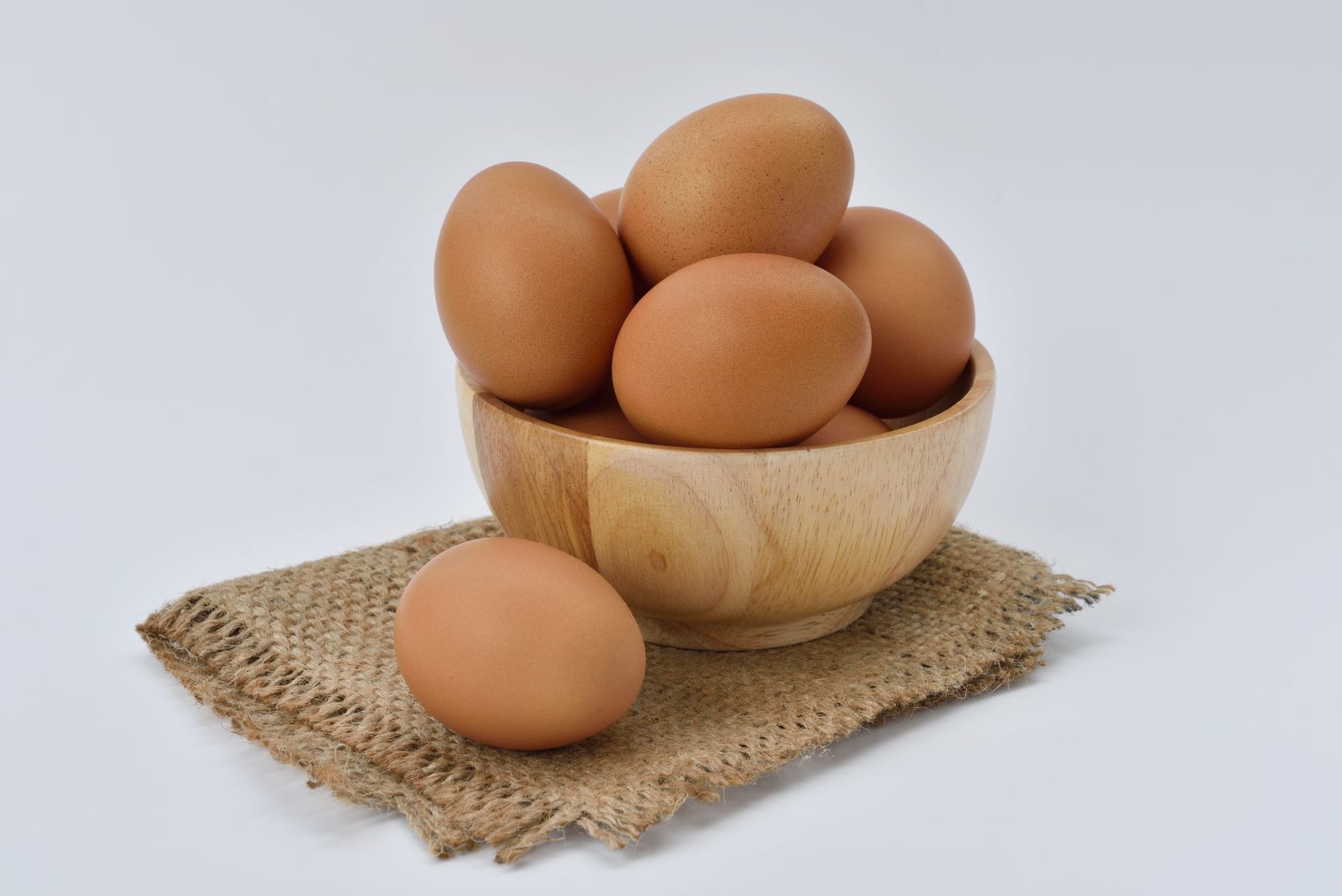
Eggs
Organically raised chickens often lay eggs in more humane conditions than their conventional counterparts. Organic eggs ensure that the hens were not fed GMO feed and were never treated with synthetic hormones. However, as with other animal-derived products, eggs are not a part of the vegan diet due to ethical concerns about using animals for food.
FAQ
Is a vegan or organic diet healthier?
Both vegan and organic diets offer health benefits, but neither is inherently healthier than the other. A vegan diet eliminates animal products, potentially reducing certain health risks, while an organic diet focuses on reducing synthetic chemical intake. Individual health outcomes depend on the overall quality and variety of foods consumed.
Which diet is more environmentally friendly?
Both diets have their environmental merits. A vegan diet helps reduce the environmental impact of animal agriculture, which significantly contributes to greenhouse gas emissions.
On the other hand, organic farming reduces the use of synthetic chemicals, benefiting soil health and ecosystems. The best environmental choice would be consuming organically grown plant-based foods.
Can I get enough nutrients on a vegan or organic diet?
With proper planning, vegan and organic diets can provide all the essential nutrients needed for optimal health. However, those on a vegan diet should pay special attention to certain nutrients like vitamin B12, iron, and omega-3 fatty acids, which can be harder to source from plant-based foods.
Are there any specific health benefits to the organic diet?
Yes, an organic diet can reduce exposure to synthetic pesticides, herbicides, and hormones commonly used in conventional farming. Some studies suggest that organic foods have higher antioxidant levels and fewer toxic metals, contributing to overall health.
How can I incorporate elements of both diets for a balanced approach?
To integrate both diets, focus on consuming plant-based products that are also organically grown. This approach reduces animal-derived product consumption, promotes eco-friendly agricultural methods, and minimizes synthetic chemical exposure, offering a balanced and health-conscious diet.


